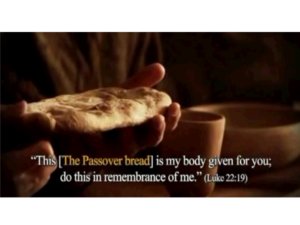Welcome To a Conversation!
Do you enjoy the insights of others who take the Gospel seriously? We’ll share ours and invite yours. Are you pondering contemporary reality? Maybe our

Canada - United States | Lay women consecrated to Christ – in service for the world

Canada - United States | Lay women consecrated to Christ – in service for the world
Do you enjoy the insights of others who take the Gospel seriously? We’ll share ours and invite yours. Are you pondering contemporary reality? Maybe our
Luke 14:25-32 My grandmother displayed several pictures of Jesus as the Good Shepherd in her home. These portrayals of our Lord often brought me consolation, especially through
As he drew near, he saw the city and wept over it, saying, ‘If this day you only knew what makes for peace… Luke 19:41-44l

Chances are, you are quite familiar with the story of Mary and Martha of Bethany in the Gospel of Luke (10:39-42). In this domestic scene,
Were epidemics and/or pandemics part of St. Angela Merici’s experience? The pandemic “Black Death” scourged Europe from 1346 to 1353. When Angela was born (1474),

Fasting from the Eucharist? Who knew this would be our Lenten fast in 2020, the pinch of this hunger? The corona virus has shifted our
Dear Kathleen, You have been gone for ten years. February 19 was a Tuesday in 2008. That afternoon your breathing stopped quietly, simply, almost unnoticed.
“If, according to times and circumstances, the need arises to make new rules or do something differently, do it prudently and with good advice…,” St.
Not for St. Angela Merici in 1535, when she founded the Company of St. Ursula. She spoke (in Italian) of the “secolo”: the ordinary circumstances
Through the Christmas cards and the baking and the wrapping paper, “Incarnation” wove a great question mark. What does it really mean? Scripture offers some
Indigestion – nightmares – quarrels – bitterness. Stress and division afflict me and most of our country. “What happens on November 9?” No matter who